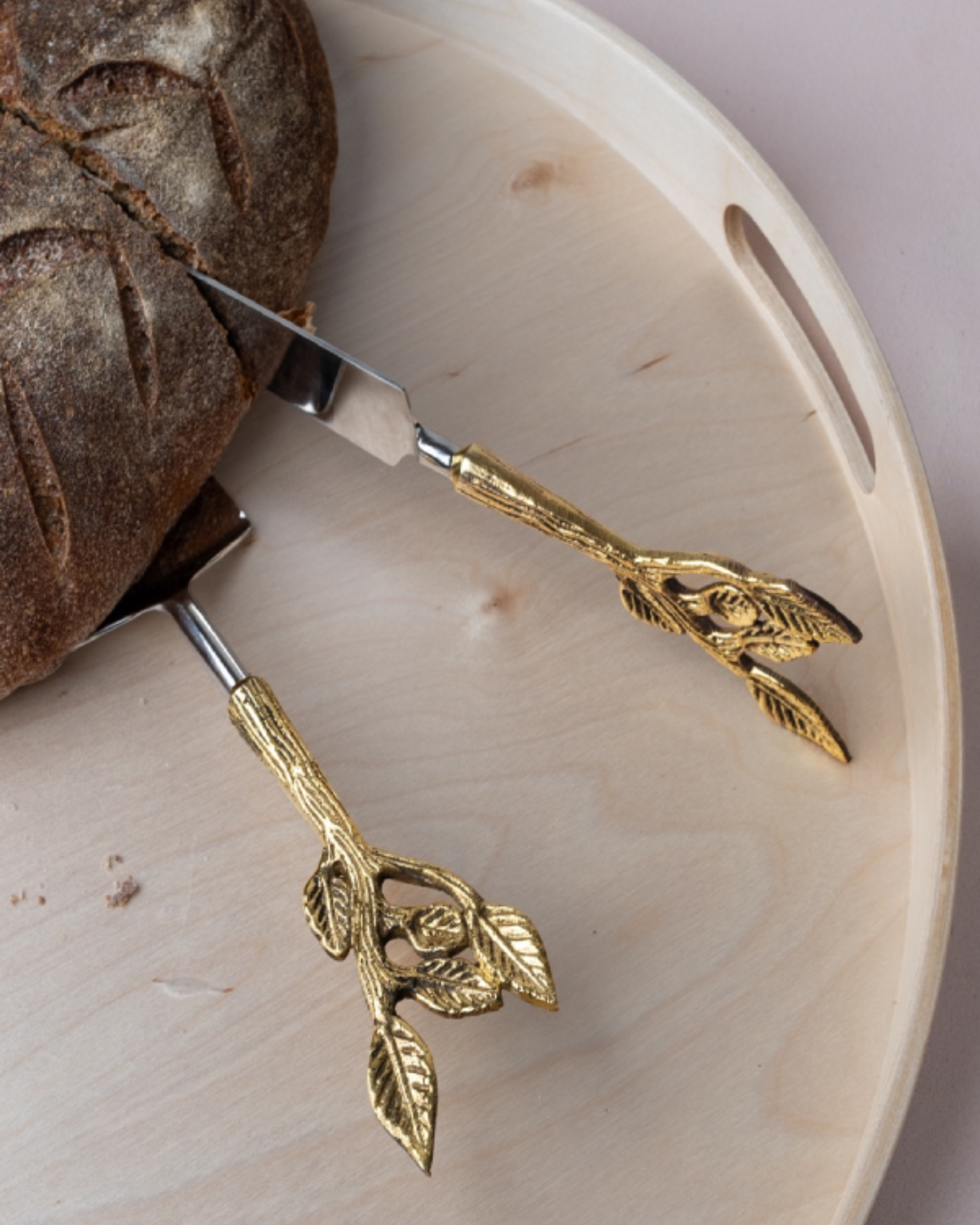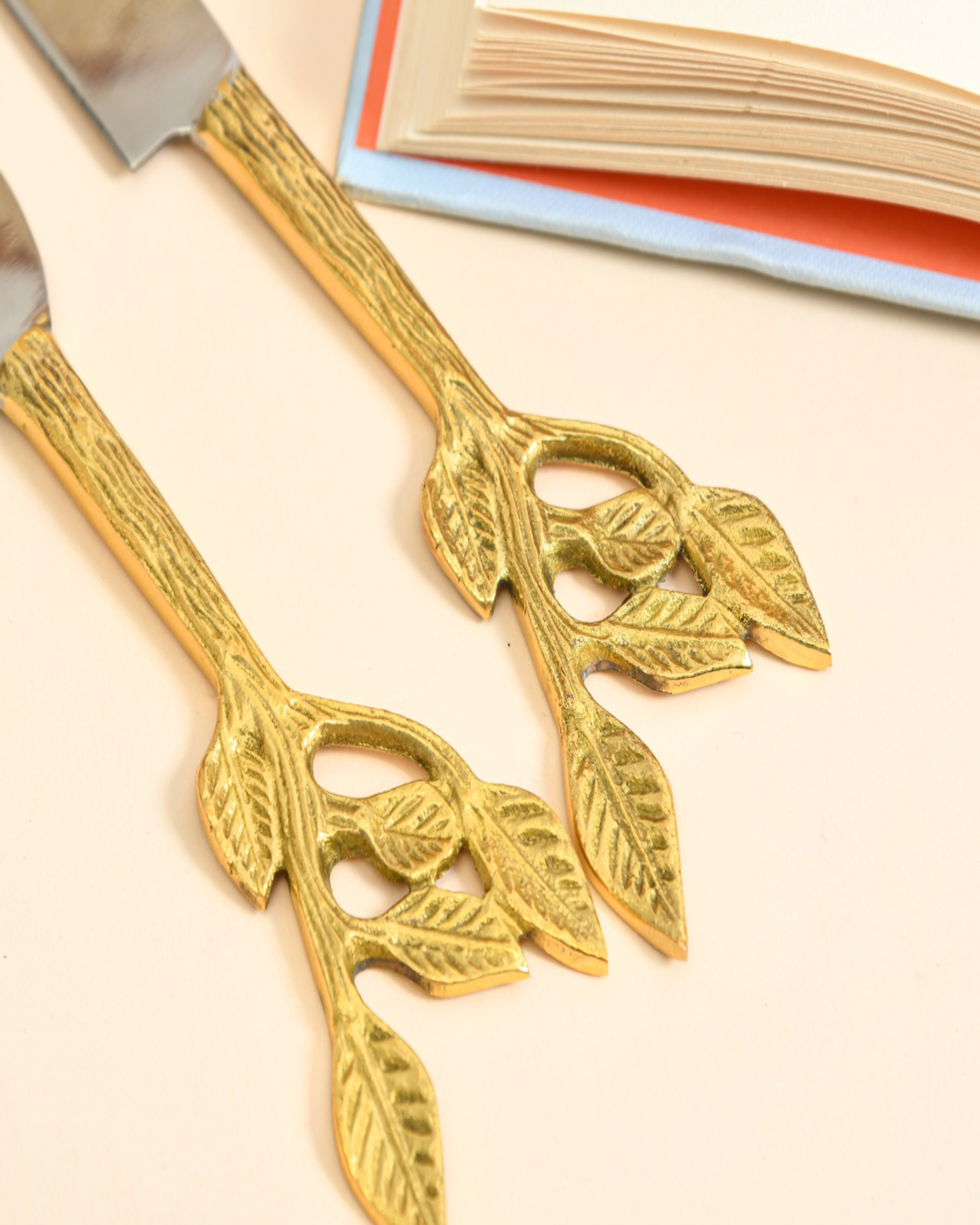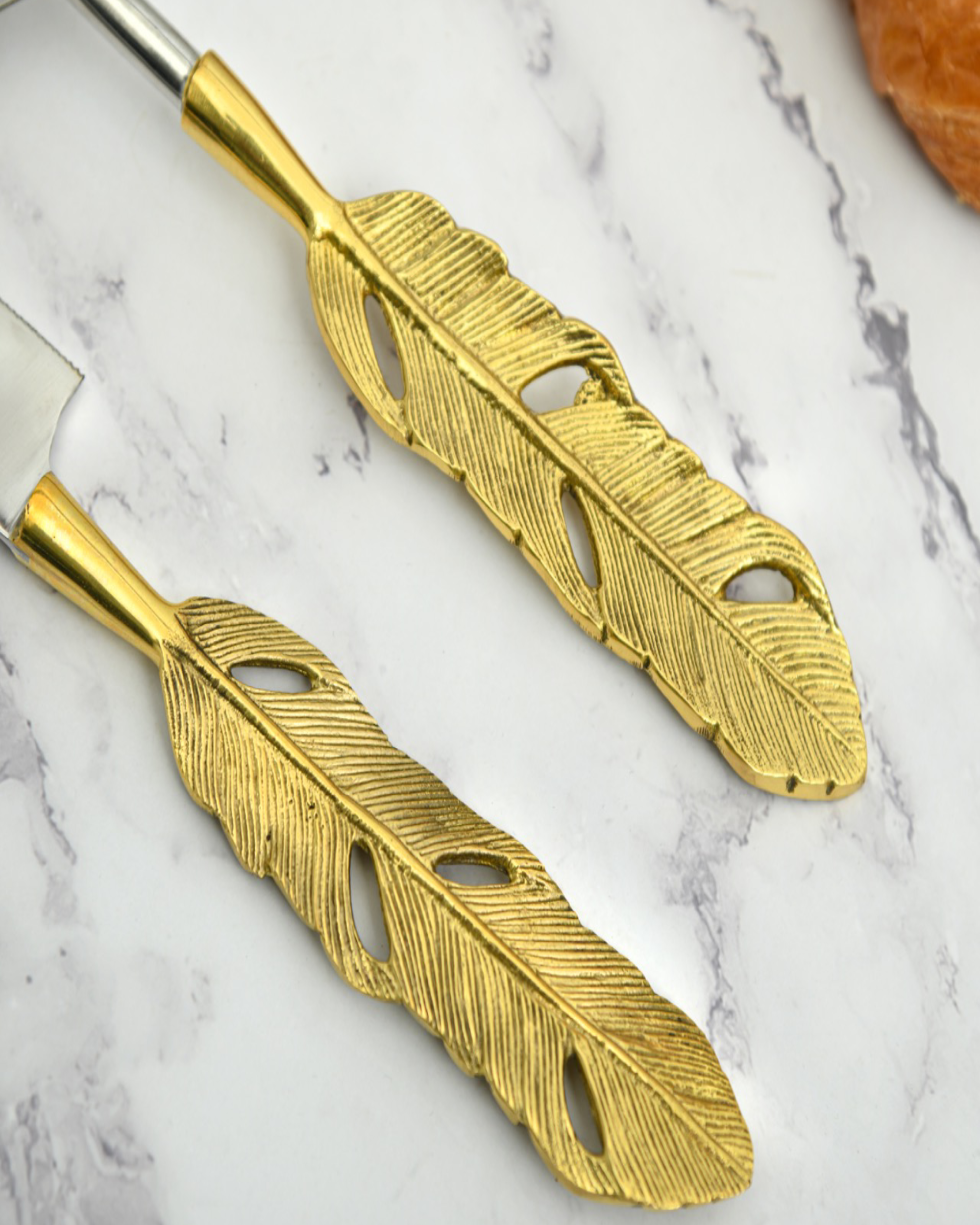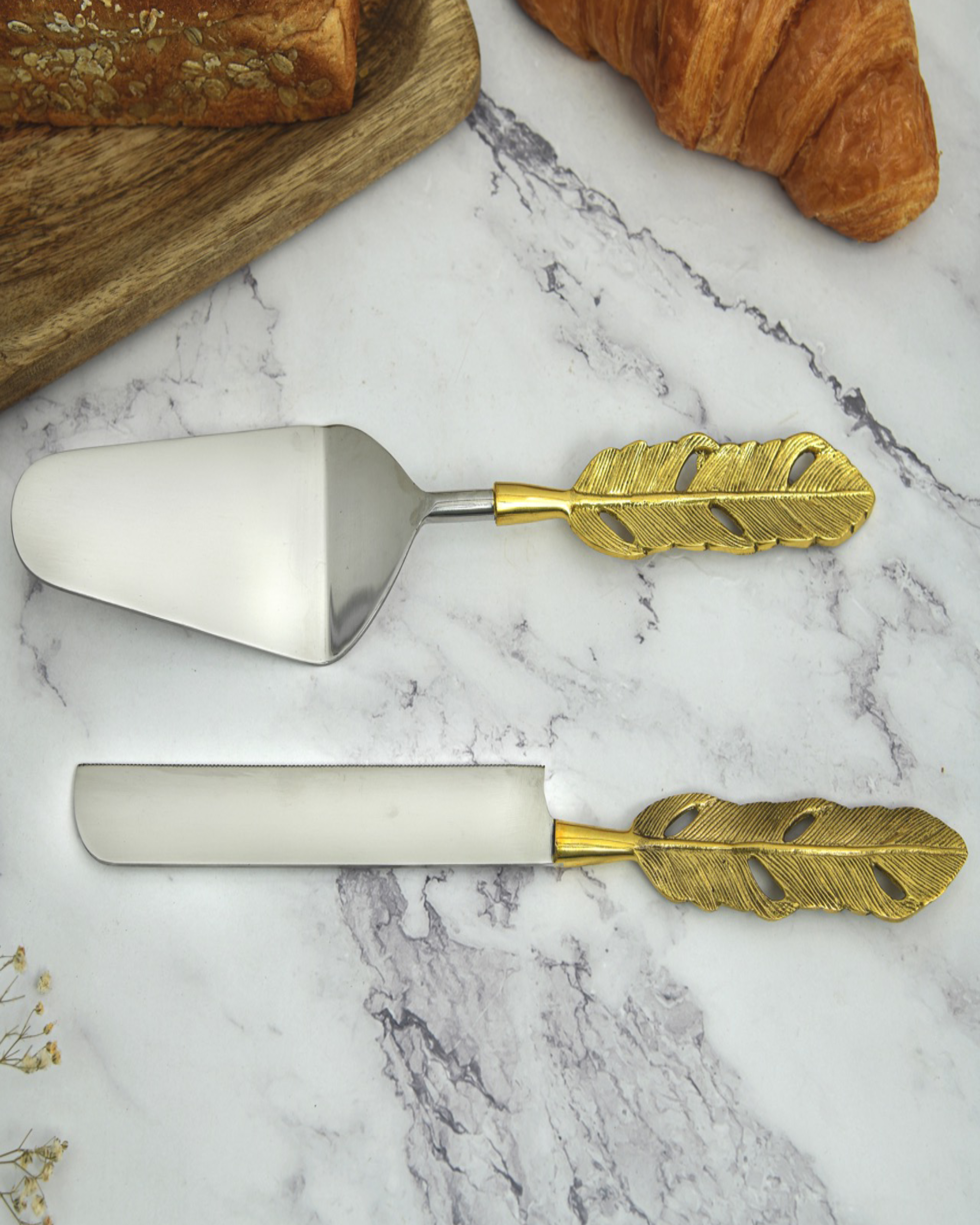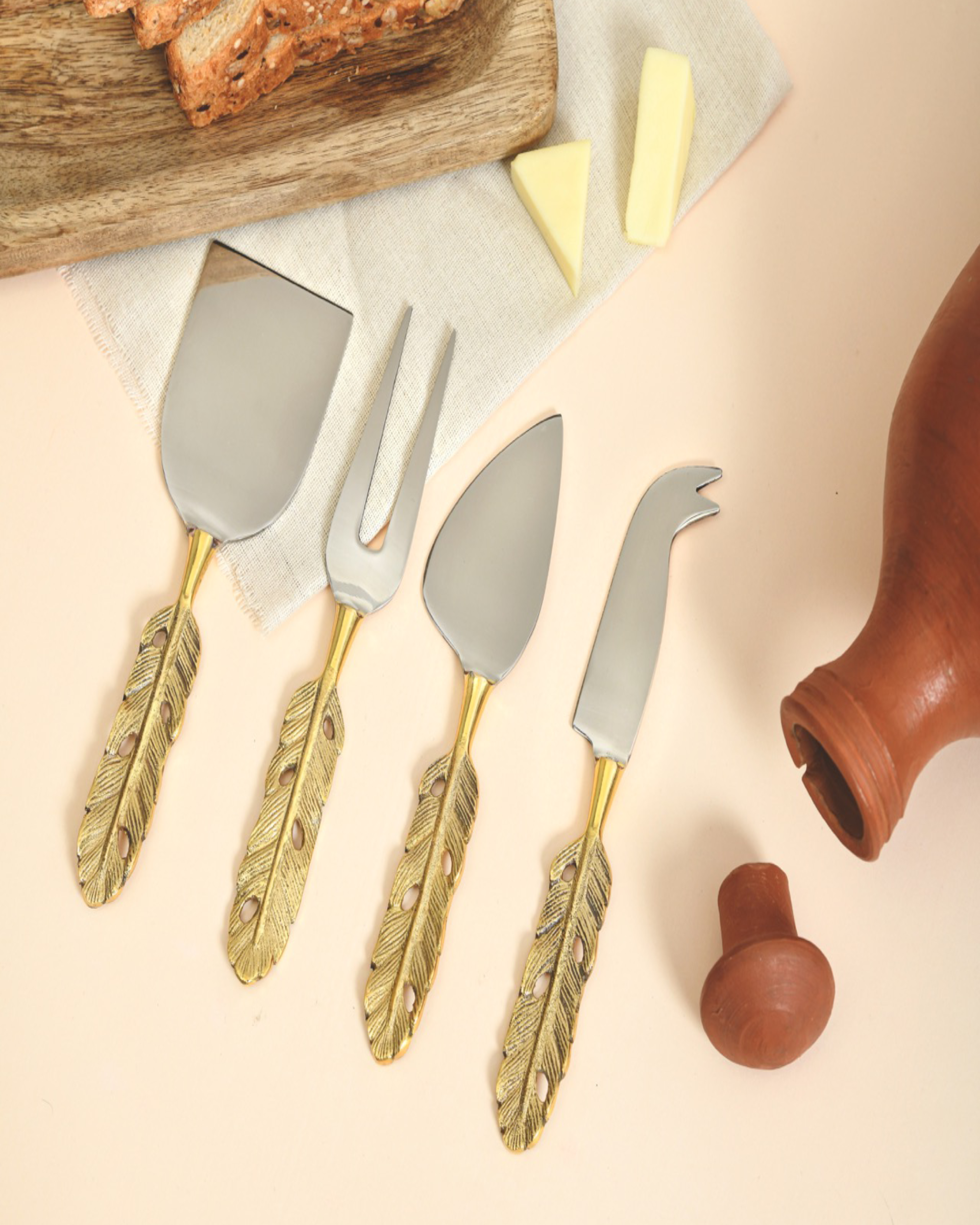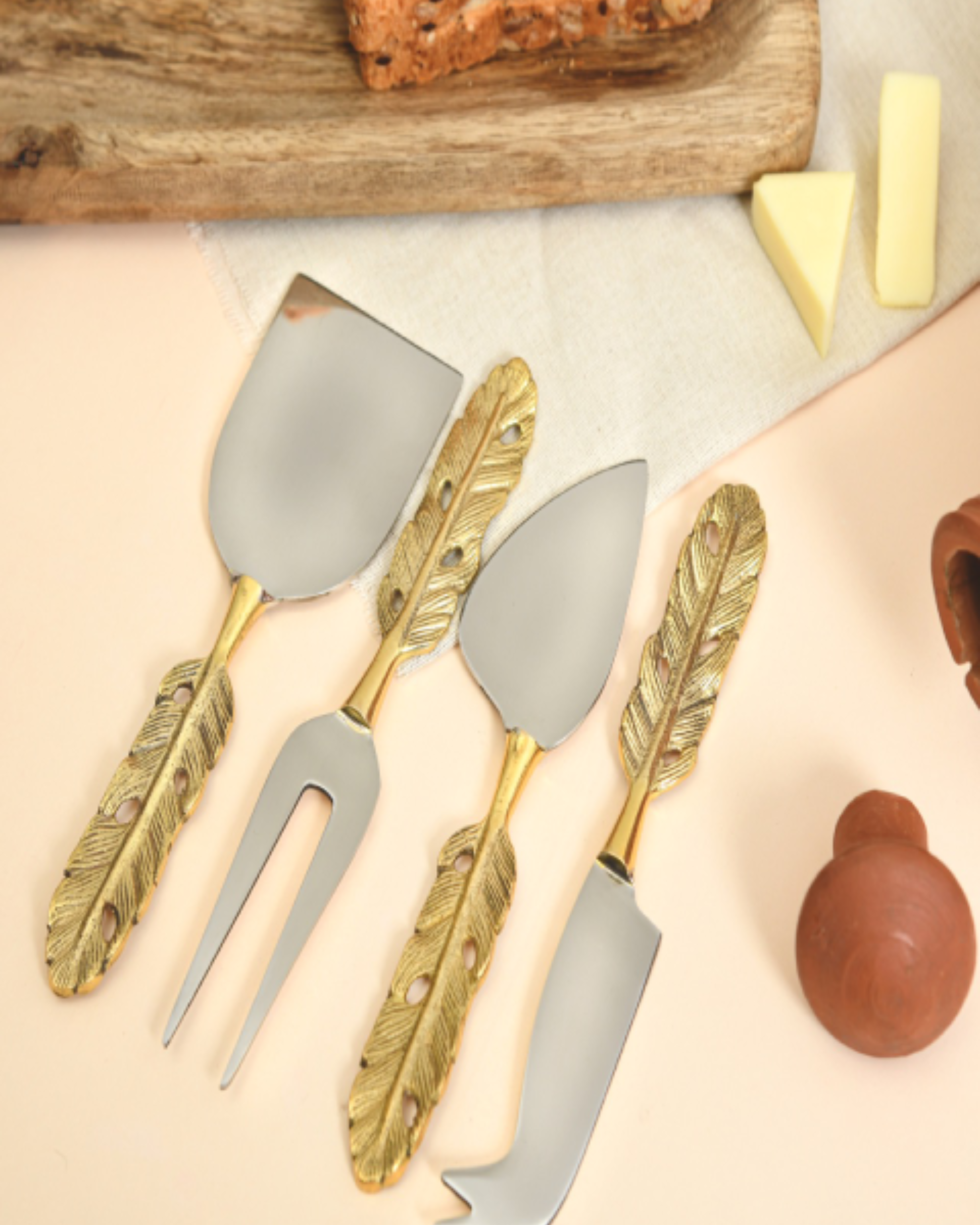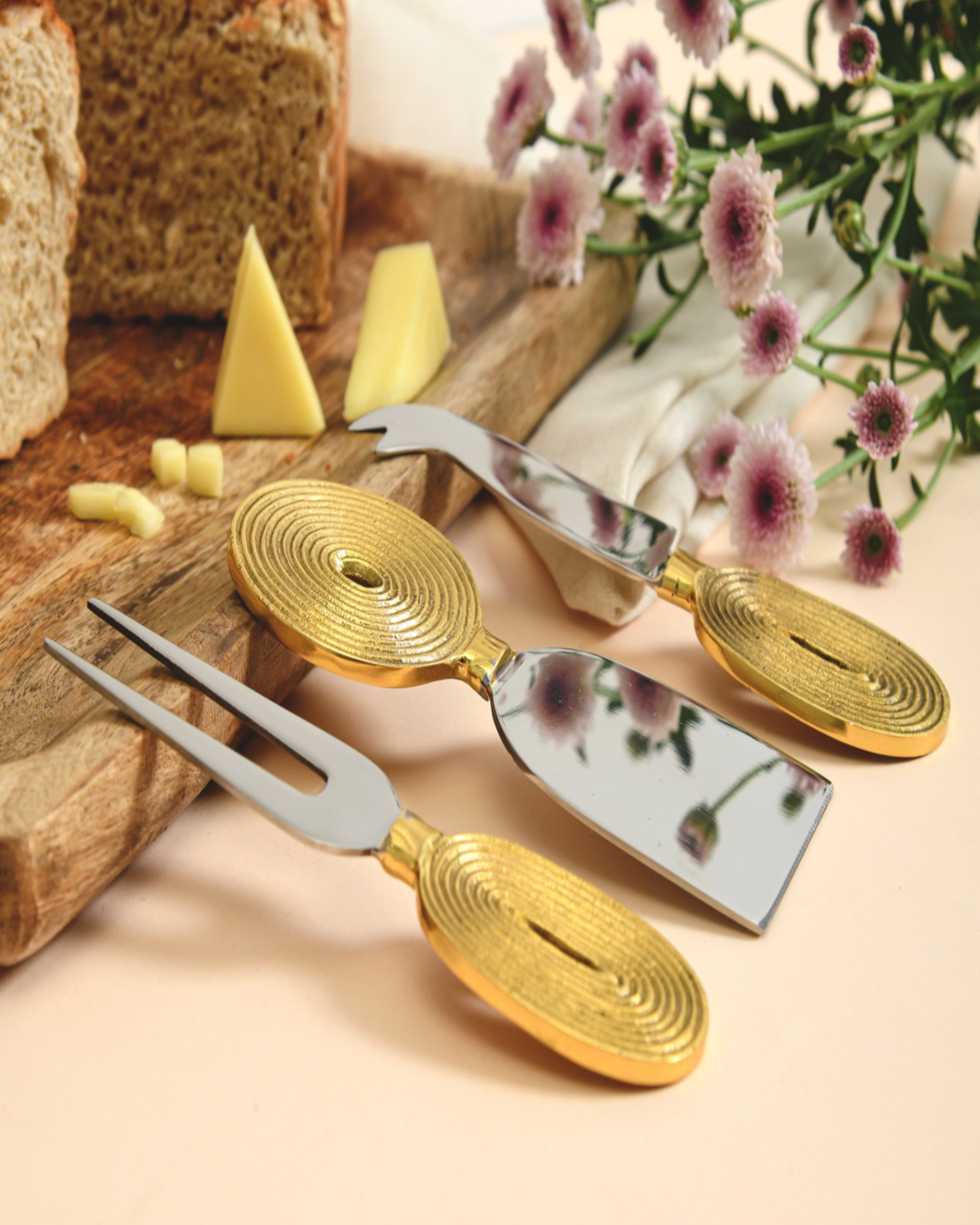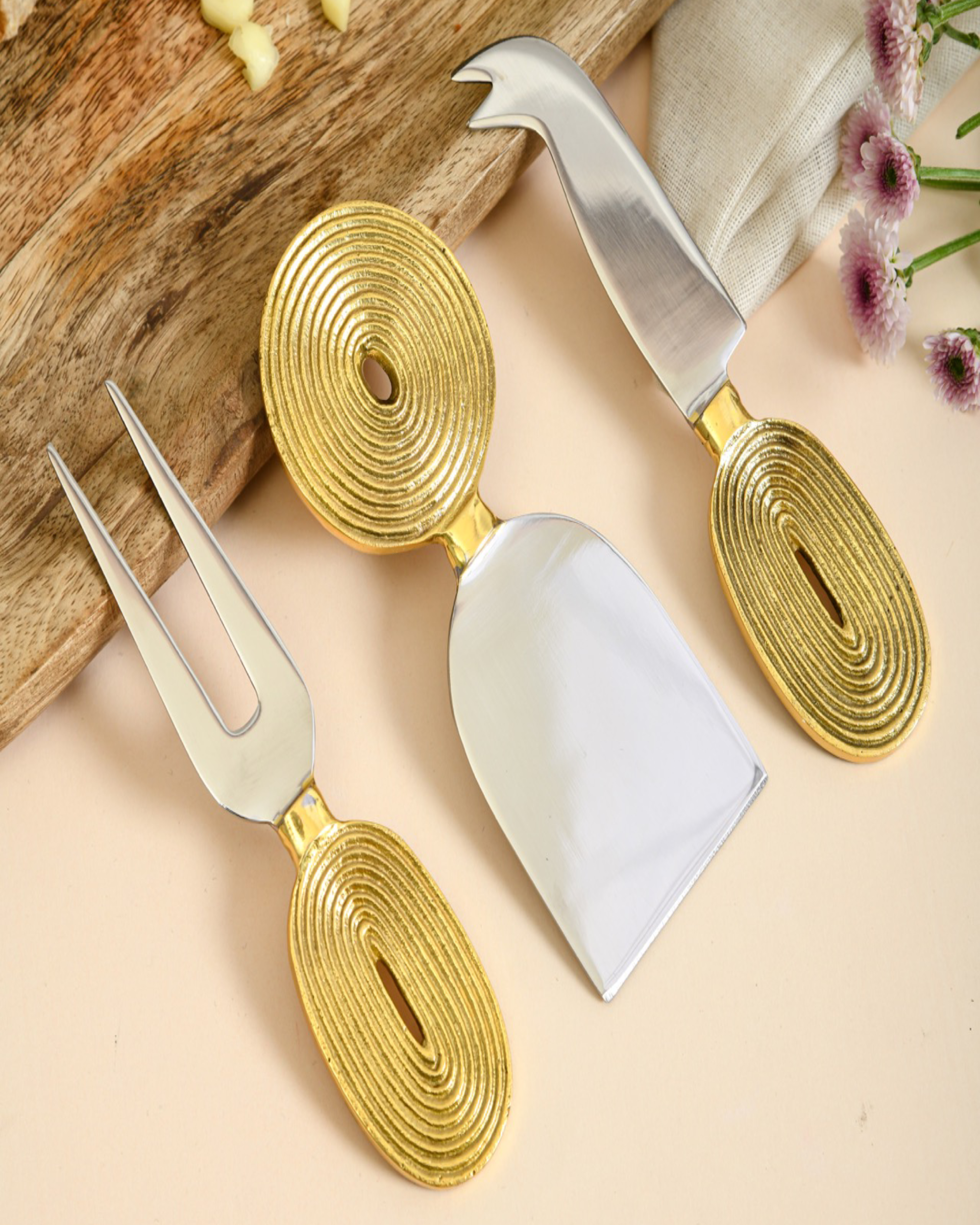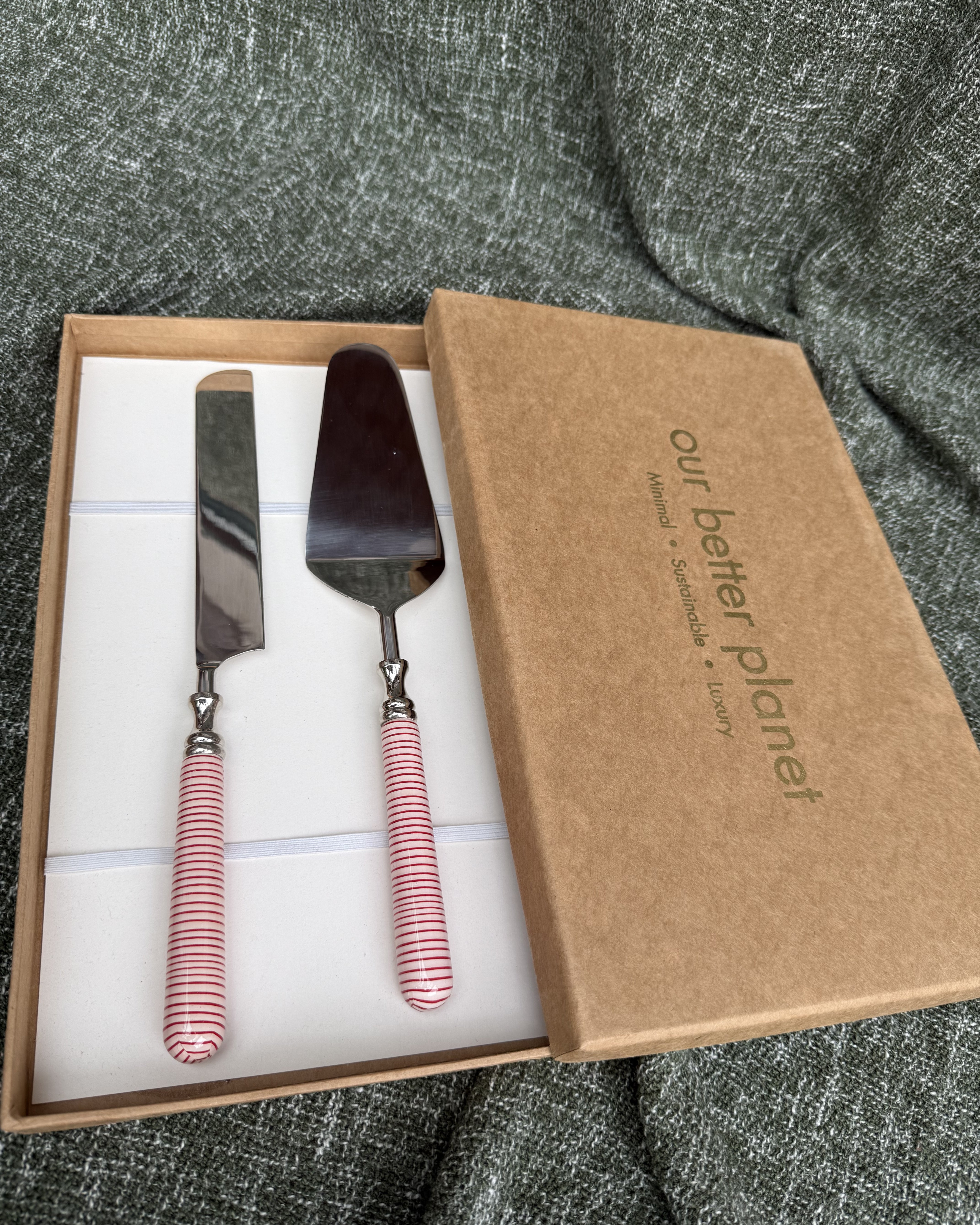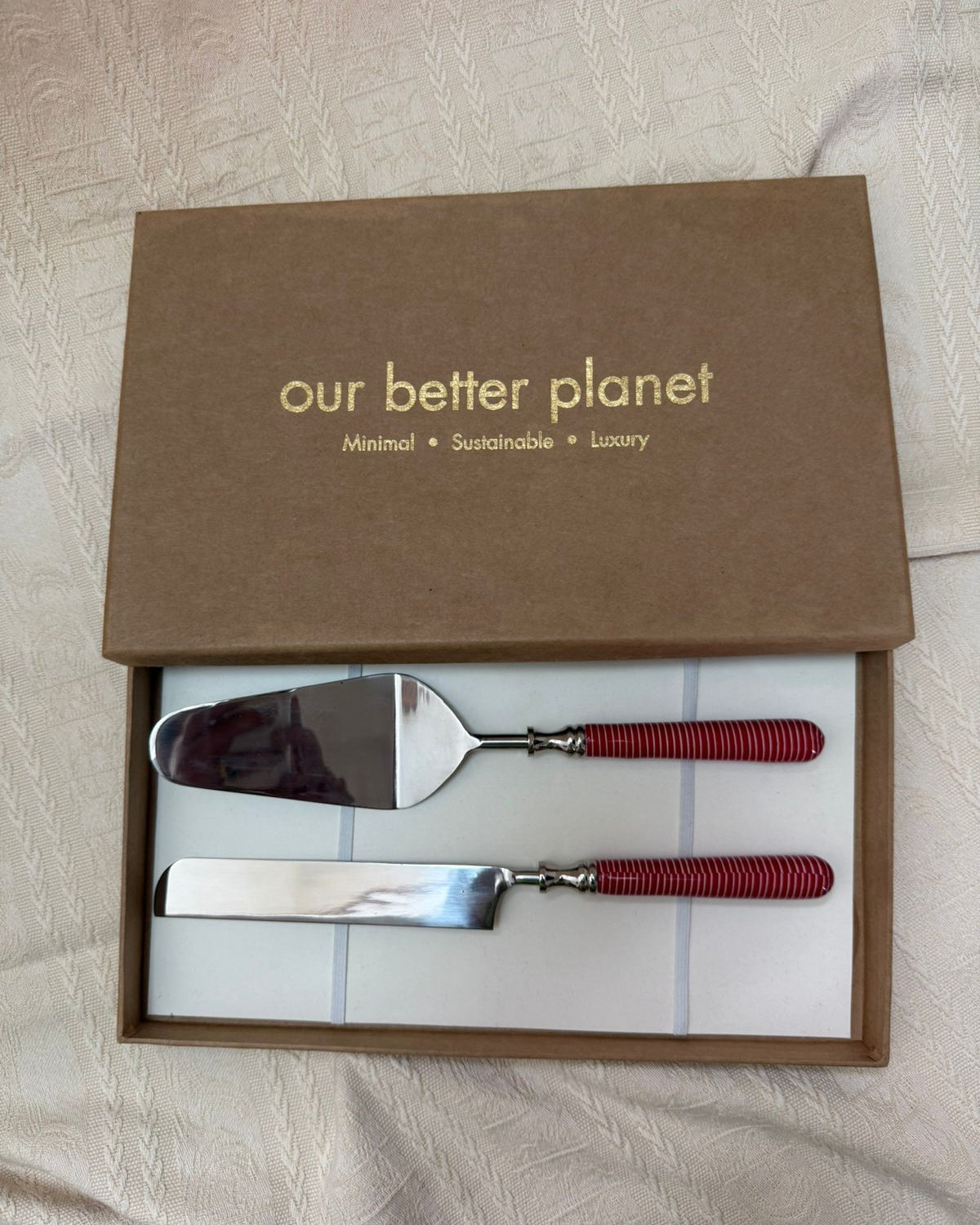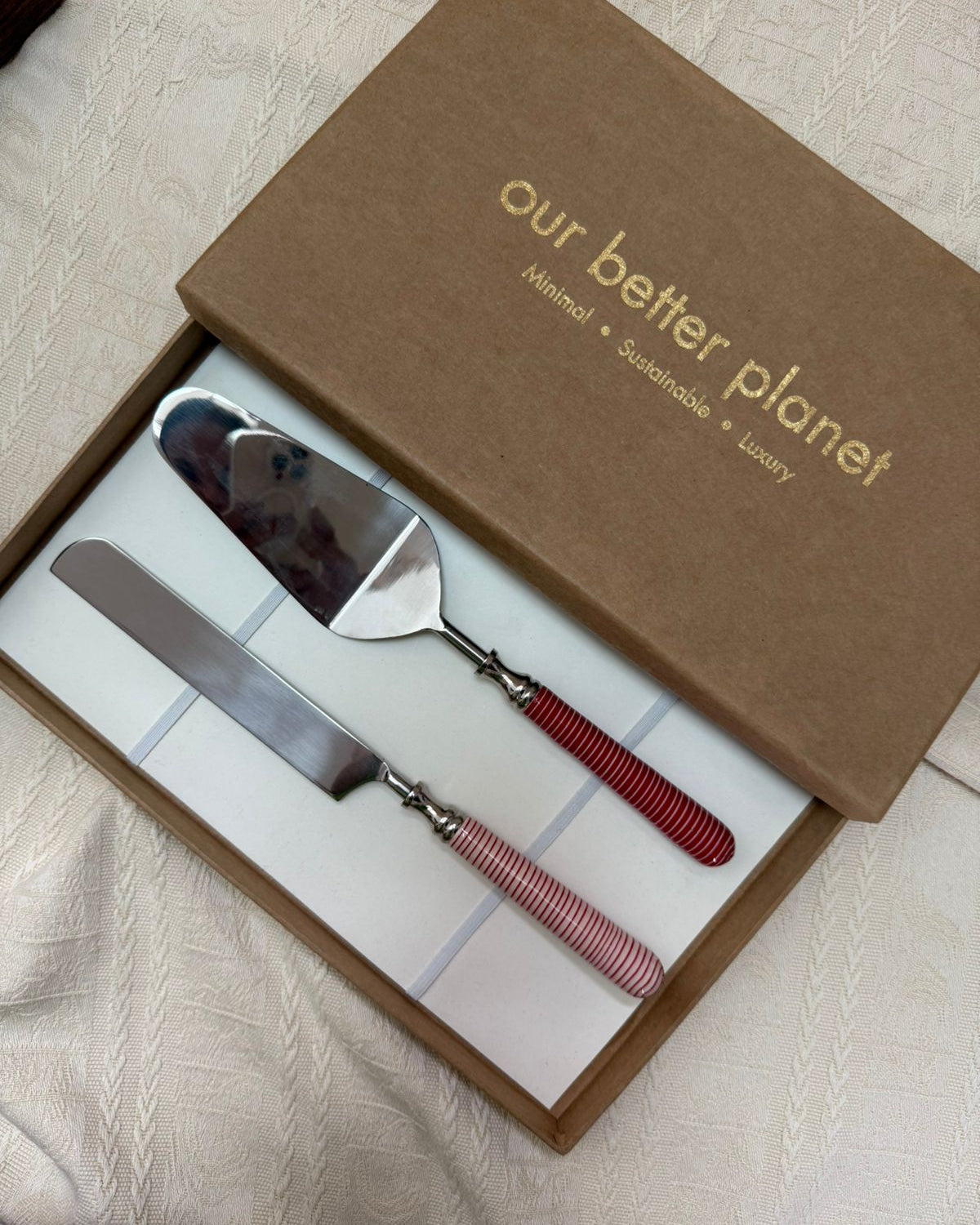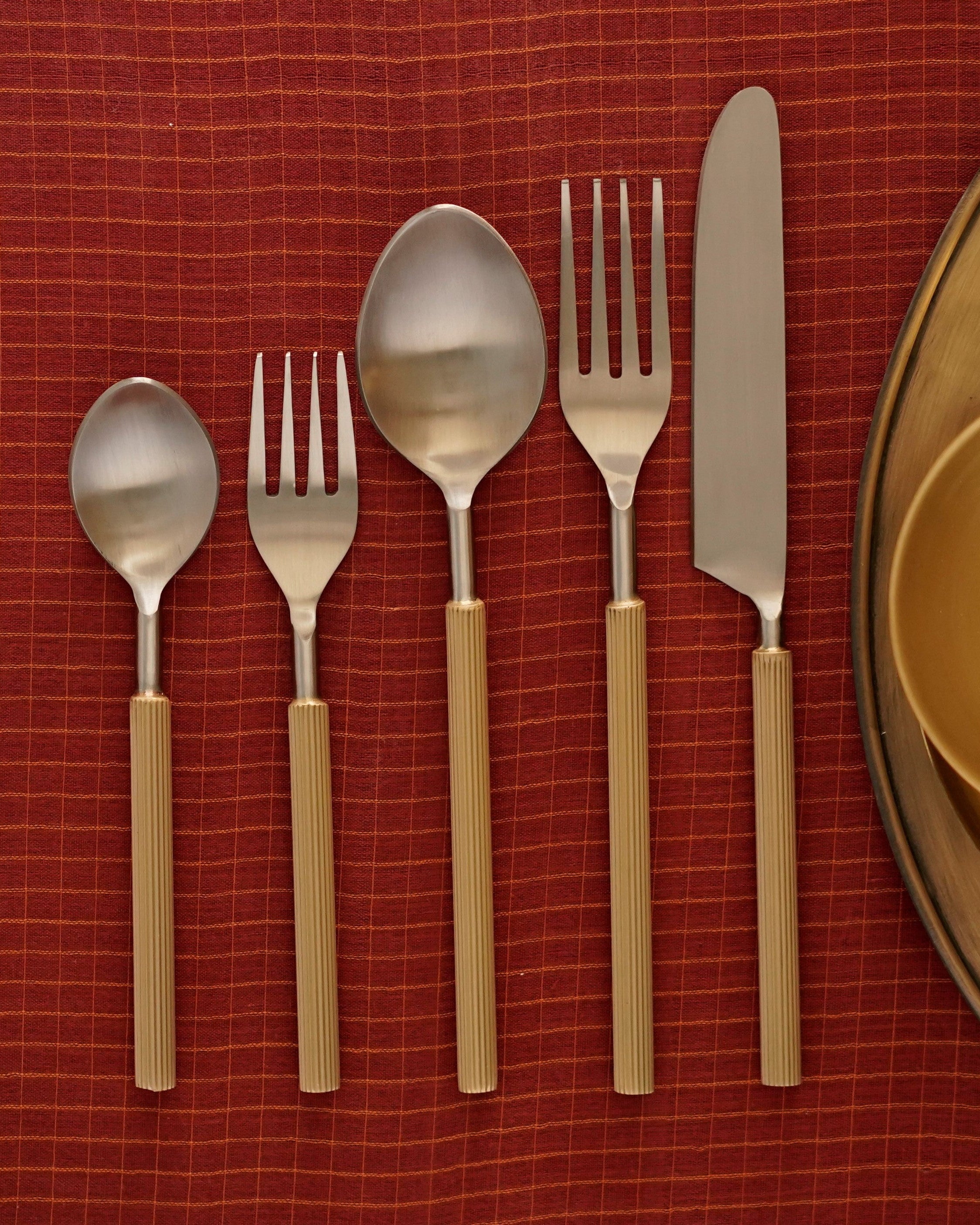Unique Wooden & Brass Kitchen Knives
Q1. What are the benefits of a stainless steel knife?
Ans. Stainless steel knives offer excellent resistance to rust and corrosion, making them ideal for humid environments. They require less maintenance and retain their appearance and functionality over time. However, they may not hold an edge as long as carbon steel knives and can be more challenging to sharpen.
Q2. Are wooden knives durable for everyday use?
Ans. Wooden knives are generally not intended for everyday use, especially for cutting tough or dense foods. They are often used for specialized purposes, such as spreading or serving soft foods. Proper care, including regular oiling and avoiding exposure to moisture, can extend their lifespan.
Q3. Are kitchen knives dishwasher safe?
Ans. It's generally recommended to hand wash kitchen knives to preserve their sharpness and prevent potential damage. Dishwashing can subject knives to harsh detergents and high temperatures, which may cause deterioration over time. To maintain their quality, wash knives by hand and dry them immediately after use.
Q4. Are wooden knives safe to use with food?
Ans. Yes, wooden knives are safe for food use and are often chosen for their non-reactive properties, making them suitable for cutting delicate items like fruits and soft cheeses. However, they should be used with care to prevent damage and should not be exposed to excessive moisture or heat.
Q5. How do I sharpen my artisan kitchen knife?
Ans. Sharpening artisan kitchen knives requires careful attention to maintain their unique qualities. Using a sharpening stone with the appropriate grit is recommended. It's essential to maintain the knife's original angle during sharpening. For beginners, guided sharpening systems or professional sharpening services can be beneficial.





















